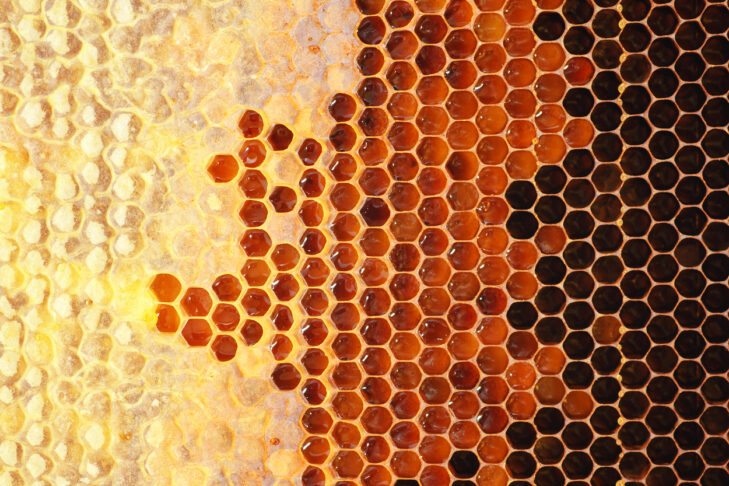My parents’ synagogue sent out a recent announcement stating that this year, Rosh Hashanah and Yom Kippur services will be held in a drive-up format, where those who wish to congregate to celebrate the High Holy Days can do so from the comfort of their four-door sedan with cloth seats.
“It’s a double feature,” my father said over the phone. “But popcorn, Raisinets and Pepsi will only be served at Rosh Hashanah.”
All jokes aside, as the High Holidays approach, Jews across the country are finding their plans disrupted by the pandemic. Where once we could congregate luxuriously in large groups, now our social duty lies in staying apart. But this is not the world’s first pandemic—far from it. In fact, plagues and illness feature heavily in the Torah, most notably in Exodus, where staying indoors under a mark of lamb’s blood could save your firstborn. During the bubonic plague, Jewish people were accused of poisoning wells, in part due to their low mortality rate. (Spoiler alert: Jews practice good hygiene, routinely clean out their grain supplies and generally live by the tenets of good health, which accounts for fewer deaths. But, you know, antisemitism.)
And Jews are no strangers to combating the worldwide effects of illness. Jonas Salk, incredible virologist, inventor of the polio vaccine and all-around good guy, is lauded as one of the greatest Jewish scientists in recent memory. Jewish people from all eras have dealt with the impact of pandemics, plagues and even run-of-the-mill illness, and this year, we join them in a more pointed way than usual. Even so, how can we look back on the year when so much is different?
Well, for starters, we can step away from the thought that every holiday and year up until this point has been the same. Rabbi Rachel Weiss states this beautifully; she comments on the fact that there is no typical celebration. Everything is in a constant state of flux, altering slightly with the choices we and the people around us make. “It’s OK to feel the grief and it’s OK to feel the loss,” Rabbi Weiss says, and though she is speaking with regards to Passover, I feel the implication translates to the High Holidays as well.
Unlike our predecessors, we also have technology. Many synagogues are streaming services (or conducting drive-ins) so that congregation members can celebrate without compromising each other’s health. And while this year’s services may be altered, it’s important to remember that the community comes first. It’s disappointing not to be able to break the fast with our loved ones, but these measures will allow us to have so many more beautiful celebrations in the future, and the future is ultimately what we should be striving for.



